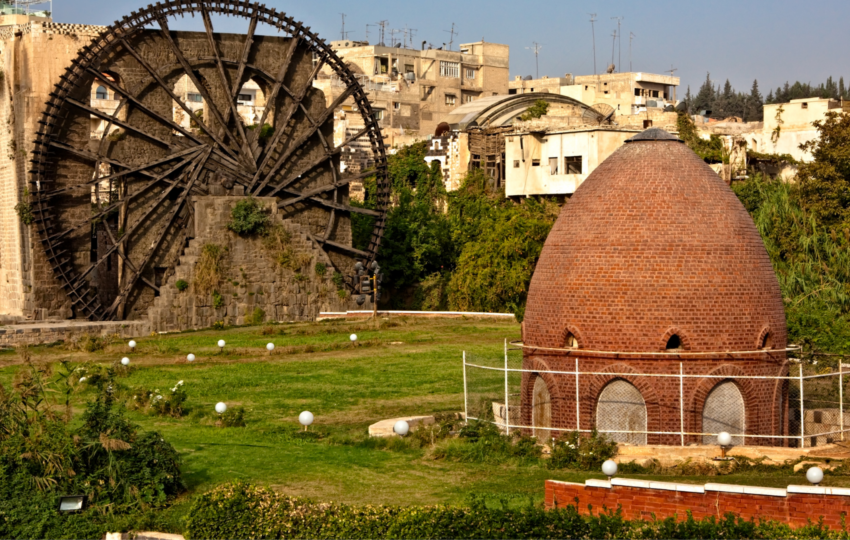Project Background
Syria is facing multiple overlapping crises, including the prolonged effects of war, recurrent droughts, soaring inflation and political instability. These challenges have severely disrupted agricultural production and local livelihoods, leaving many farming communities struggling to recover. In response, ILRS is implementing targeted agricultural interventions aimed at strengthening local resilience and enhancing farmers’ capacity to sustain their livelihoods. By providing key agricultural trainings and inputs for improve seed multiplication or to adapt of climate-smart agriculture, these initiatives seek to revitalise agricultural production and livelihoods.
Project Objectives
In this project, we are conducting two impact studies building on two different implementations in North East and North West Syria. The impact studies use a combination of quasi-experimental approaches to compare beneficiaries and non-beneficiaries before and after receiving support in both study areas. With each of the implementing partners, we are designing a rigorous impact study tailored to the specific learning needs and questions, including identifying the target areas and the study sample. We are developing the data collection tools and protocols in a participatory approach, closely involving the implementing partners to better contextualize our study while building local capacity as a by-product. The questionnaire serves not just as a tool to answer the questions of the impact study, but also to feed into the reporting of changes in the outcome indicators of ILRS III.
Project Details
- Project Year/s: 2024 · 2025 · 2026
- Donors: Deutsche Gesellschaft für Internationale Zusammenarbeit (GIZ)
- Region/s: Middle East & North Africa
- Theme/s: Impact Evaluation · Micro-Data Collection · Shocks & Livelihoods
- Research Topic/s: Agriculture · Climate Change · Disasters & Emergencies · Employment · Food Security & Nutrition · Home Gardens · Poverty & Inequality · Social Cohesion





